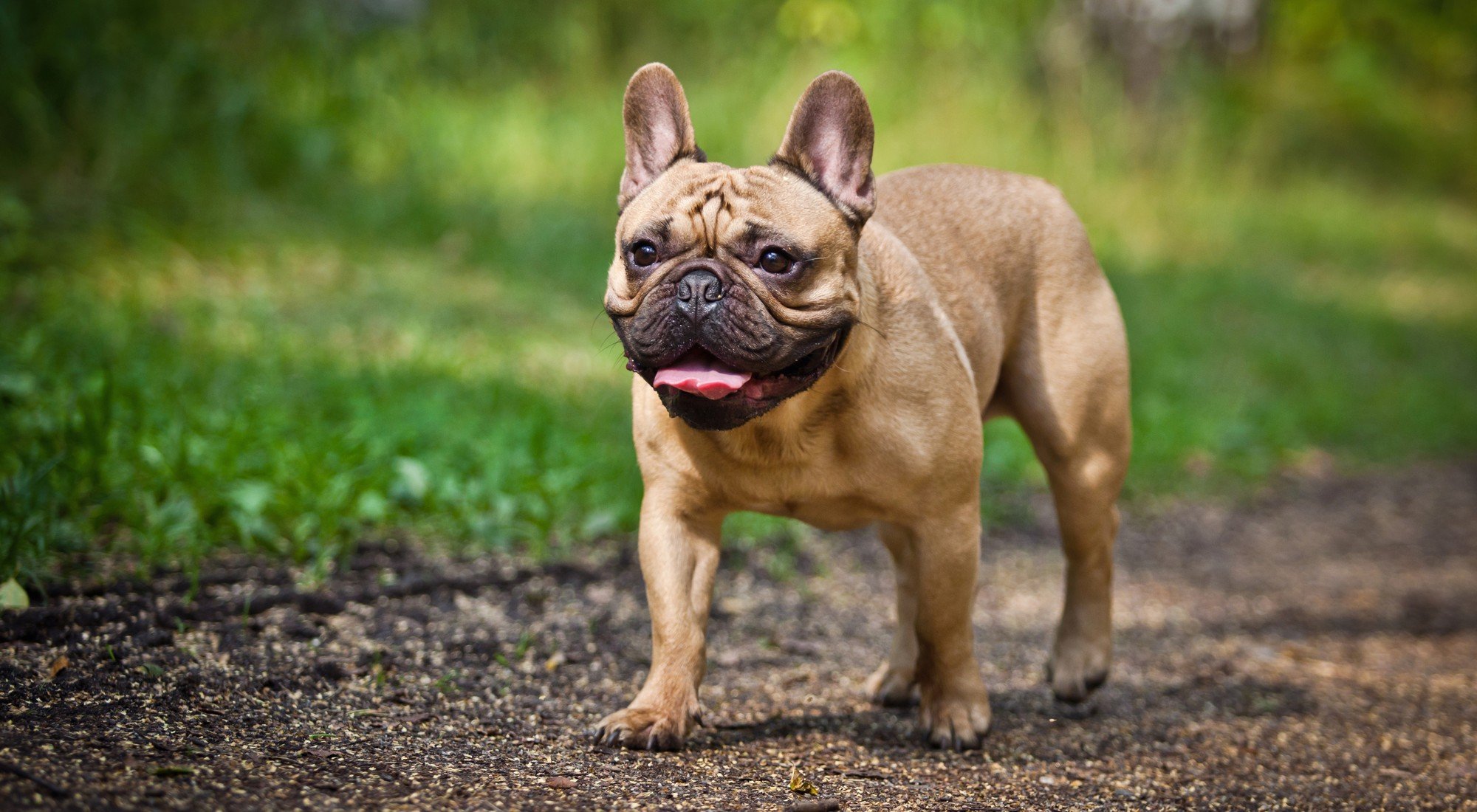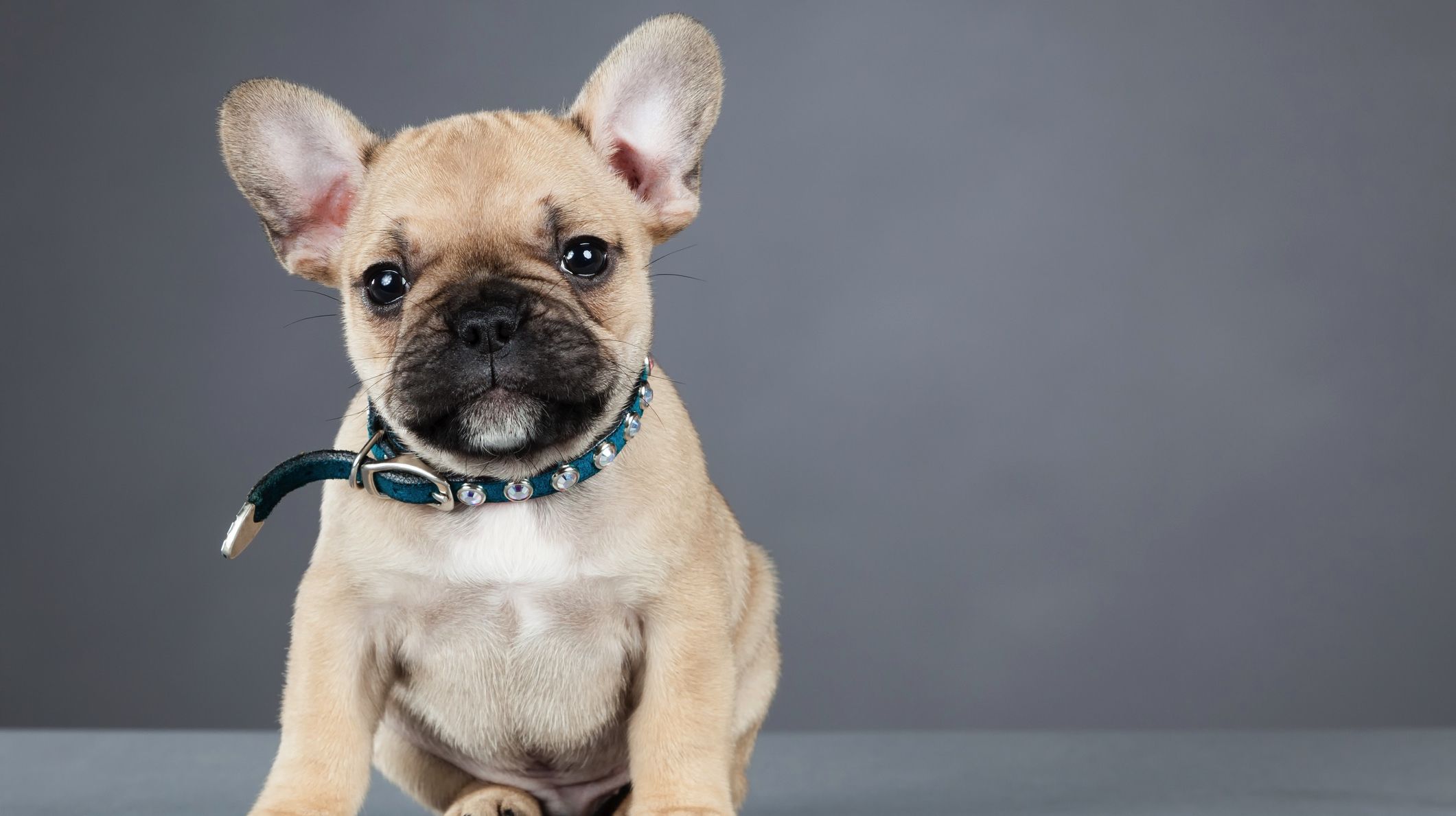The Complicated History of the Beloved French Bulldog
Introduction
The distinctive bat-eared French Bulldog, a prevalent breed today, has an intricate and captivating history. Tracing its lineage back to the 19th century, this breed emerged amidst societal changes, economic disparities, and the pursuit of fashionable companions. This essay will delve into the complexities surrounding the origin, evolution, and enduring popularity of the French Bulldog, critically examining diverse perspectives and scholarly insights.
Origins: From Toy Bull to French Charmer
The French Bulldog's genesis can be traced to artisanal communities in England and France, where smaller bulldogs were prized as companions. These "toy bulldogs" were bred down in size, resulting in a compact and playful variant. During the late 1800s, economic hardship in England prompted an influx of lace workers to France, bringing their pet bulldogs along. These canines captivated Parisian society, particularly its flamboyant demi-monde.
The Rise of a Fashionable Icon
As the French Bulldog gained popularity among the elite, its image became entwined with Parisian style and allure. The breed's distinctive appearance, with its large ears, bulging eyes, and snub nose, appealed to aesthetes and fashionistas. By the 1880s, the French Bulldog had become a fixture in Parisian salons and boudoirs, symbolizing wealth, sophistication, and a touch of whimsy.
Competing Perspectives on Breed Standards
The French Bulldog's rise to prominence sparked debates over breed standards. Contentious issues included the size and proportion of different physical attributes, particularly the ears. Some breeders advocated for a "flying ear," standing erect and resembling a bat's wings, while others preferred a smaller, button-like ear. These discussions continue today, with different kennel clubs adhering to varying standards.
Breeding Practices and Health Concerns
The selective breeding practices employed to achieve desired physical traits have inadvertently introduced health challenges within the French Bulldog breed. Brachycephalic syndrome, a condition resulting from a shortened face, can lead to respiratory difficulties, snoring, and other health issues. Ethical concerns regarding the prioritization of aesthetics over animal welfare have been raised by veterinarians and animal rights advocates.
Contemporary Evolution: Adapting to a Changing World
The French Bulldog remains a beloved companion in the 21st century, with its charm and affectionate nature endearing it to families worldwide. Modern breeding practices have focused on addressing health concerns while preserving the breed's distinctive characteristics. Today, the French Bulldog is a versatile and adaptable breed, thriving in both urban and suburban environments, and excelling as therapy and service animals.
Cultural Impact: From Pop Culture to Social Commentary
The French Bulldog's cultural influence extends beyond its role as a pet. Its image has been immortalized in art, literature, and popular media, from Toulouse-Lautrec's paintings to the film "The Artist." The breed has been associated with celebrities, fashion icons, and even political figures. Its unique appearance and expressive personality have made it a muse for artists and a subject of social commentary on topics such as dog breeding ethics and societal trends.
Conclusion
The history of the French Bulldog is a narrative of societal influences, selective breeding, and enduring charm. From its humble origins as a "toy bulldog" to its status as a fashionable icon and beloved companion, the breed has navigated societal changes, controversies, and ethical dilemmas. While health concerns resulting from certain breeding practices remain a topic of debate, the French Bulldog's affectionate nature, adaptability, and cultural significance continue to captivate hearts worldwide. Understanding the complexities of its history provides a richer appreciation for this enduring breed and its enduring bond with human society.
Why Australian Shepherds Are Great For Competitive Sports
Why Rottweilers Are So Protective Of Their Homes
Do Australian Mist Cats Shed Much?



